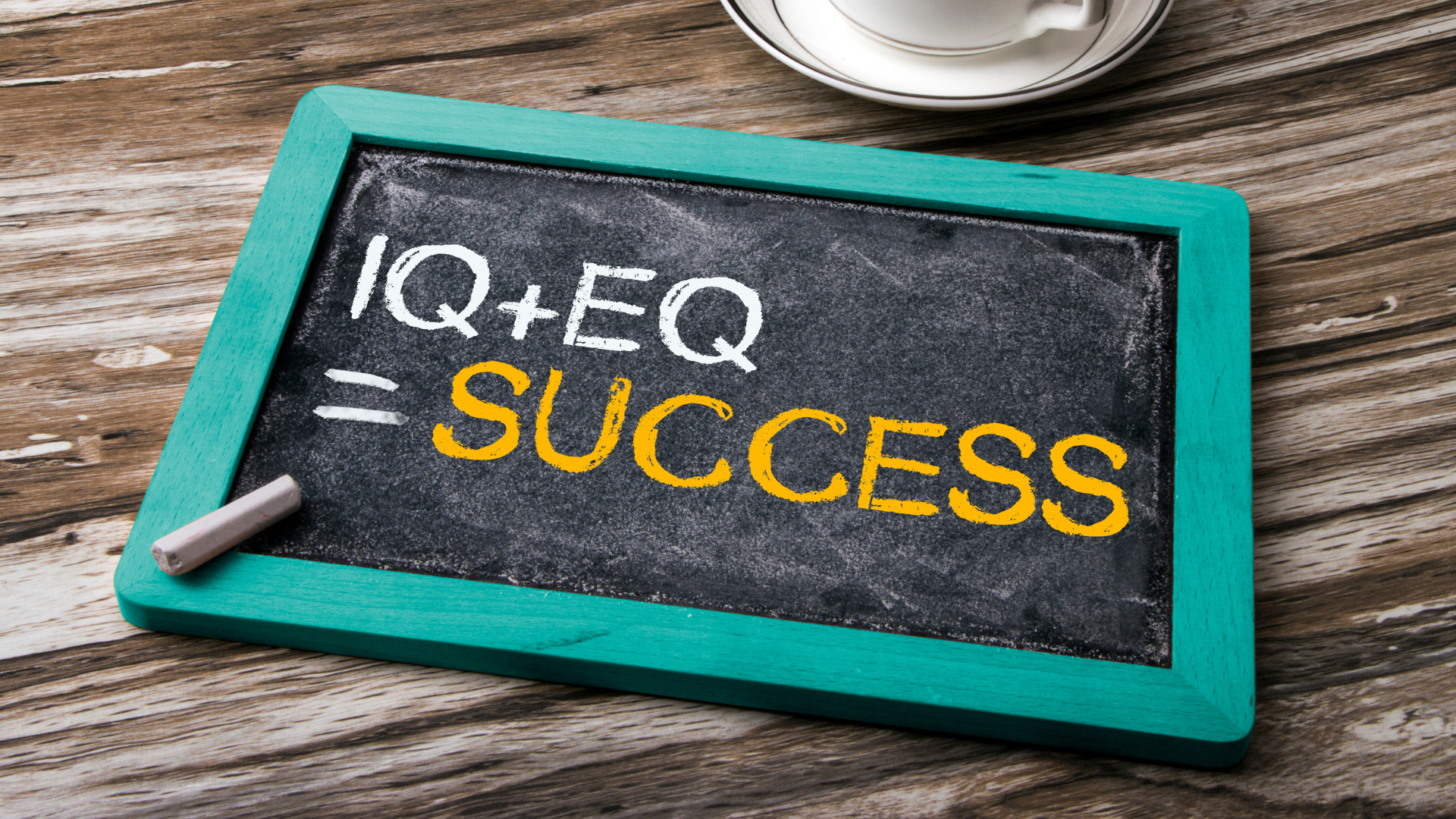Emotional intelligence isn’t just about understanding others — it’s also about having the humility to question yourself. Here’s what high-EQ leadership really looks like.
When people think of emotional intelligence (EQ), the first quality that often comes to mind is empathy — and rightly so. Being able to relate to others is essential in building trust, leading teams, and navigating diverse personalities in the workplace.
But there’s another, often overlooked dimension of EQ: the ability to pause and examine your own thinking. It’s the courage to ask yourself, “Am I really sure about this?” before making decisions that impact others.
The Danger of Assumptions in Leadership
Over time, experience becomes a double-edged sword. While it boosts our confidence and instincts, it can also cause us to rely on patterns that once worked — but may no longer apply.
“The greatest risk in decision-making doesn’t come from what we don’t know — it comes from what we think we know, but no longer question.”
That’s where strong leadership can falter: not from lack of intelligence, but from unchecked assumptions.
How Bias Quietly Shapes Decisions
Even the most seasoned professionals fall into cognitive traps. Mental shortcuts, or biases, help us process information quickly — but they can also quietly distort our judgment.
- Confirmation bias makes us favour information that supports what we already believe, while ignoring warning signs.
- Overconfidence effect leads us to mistake gut feelings for sound judgment, blurring the line between confidence and competence.
- Anchoring bias occurs when we cling to the first idea or number we hear — even if better ones follow.
- Status quo bias keeps us in our comfort zones, choosing the familiar not because it’s right, but because it feels safe.
These subtle patterns, left unchecked, can snowball into decisions that miss the mark.
What High-EQ Leaders Do Differently
What separates reactive leadership from thoughtful leadership often boils down to process — and emotional discipline.
High-EQ leaders put systems in place to test their thinking and challenge assumptions:
- Red teaming: Assign a team member to play the “devil’s advocate,” not to derail a plan but to reveal blind spots.
- Pre-mortems: Ask, “If this fails six months from now, what might have gone wrong?” This proactive reflection helps mitigate future risk.
- Second-order thinking: Look beyond the immediate result. How will this decision affect others across the business?
- OODA loop (Observe, Orient, Decide, Act): A flexible framework that encourages continuous reassessment instead of rigid decision-making.
These tools help leaders stay adaptable, grounded, and intellectually honest.
The Bottom Line
Emotional intelligence is more than empathy and people skills. It’s also about intellectual humility — the discipline to pause, rethink, and question whether your beliefs still hold true.
Most people defend what feels right. High-EQ leaders look deeper to ask, “Is it still right?”
They stay curious. They welcome pushback. They make decisions from clarity, not ego.
So before your next big decision, stop and ask:
What am I assuming? What if I’m wrong? And what will help me decide better?
Want to sharpen your leadership skills?
Explore SSA Academy’s Soft Skills & Leadership courses — designed to help you lead with purpose, self-awareness, and confidence.





